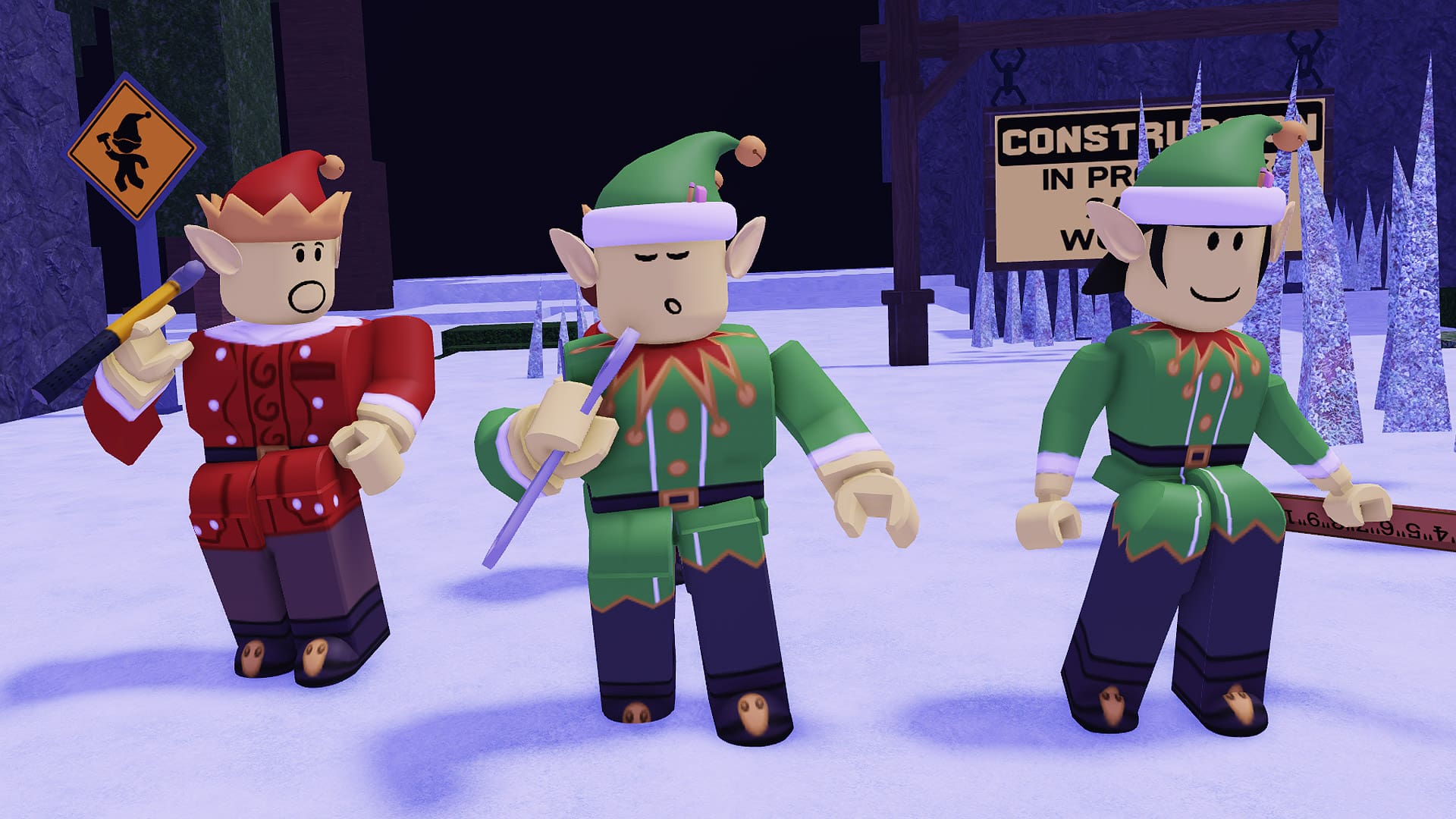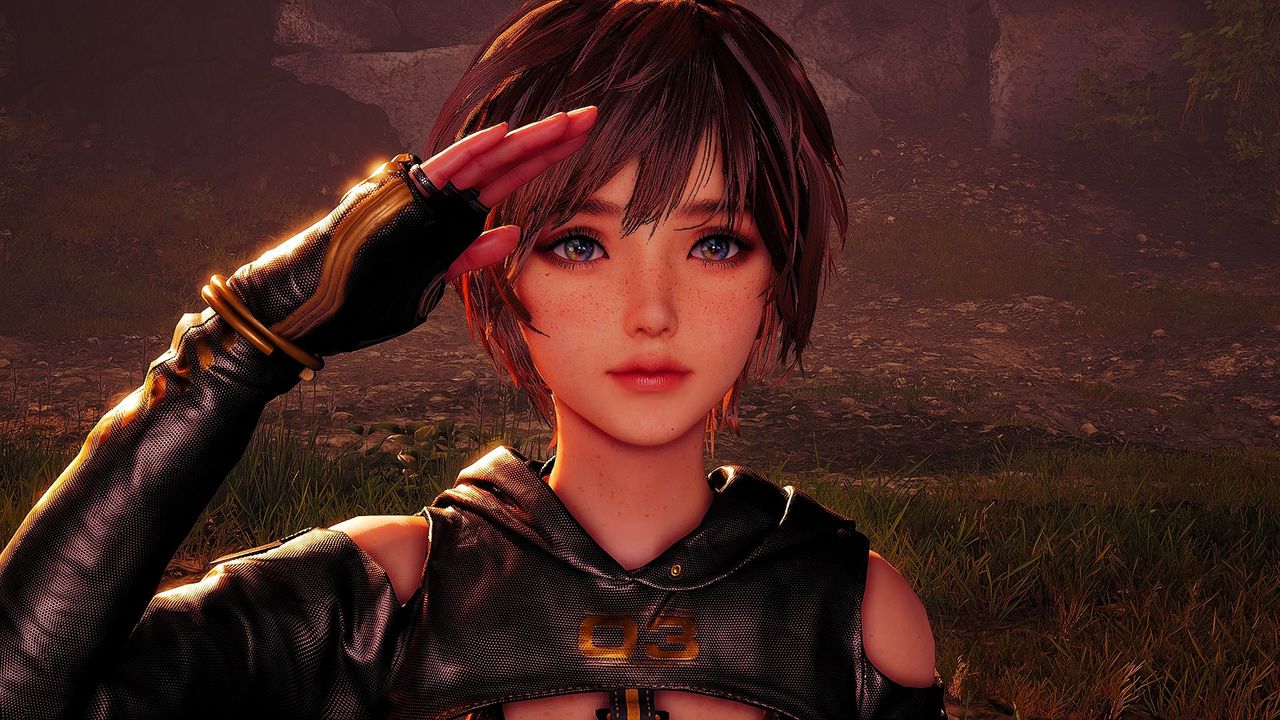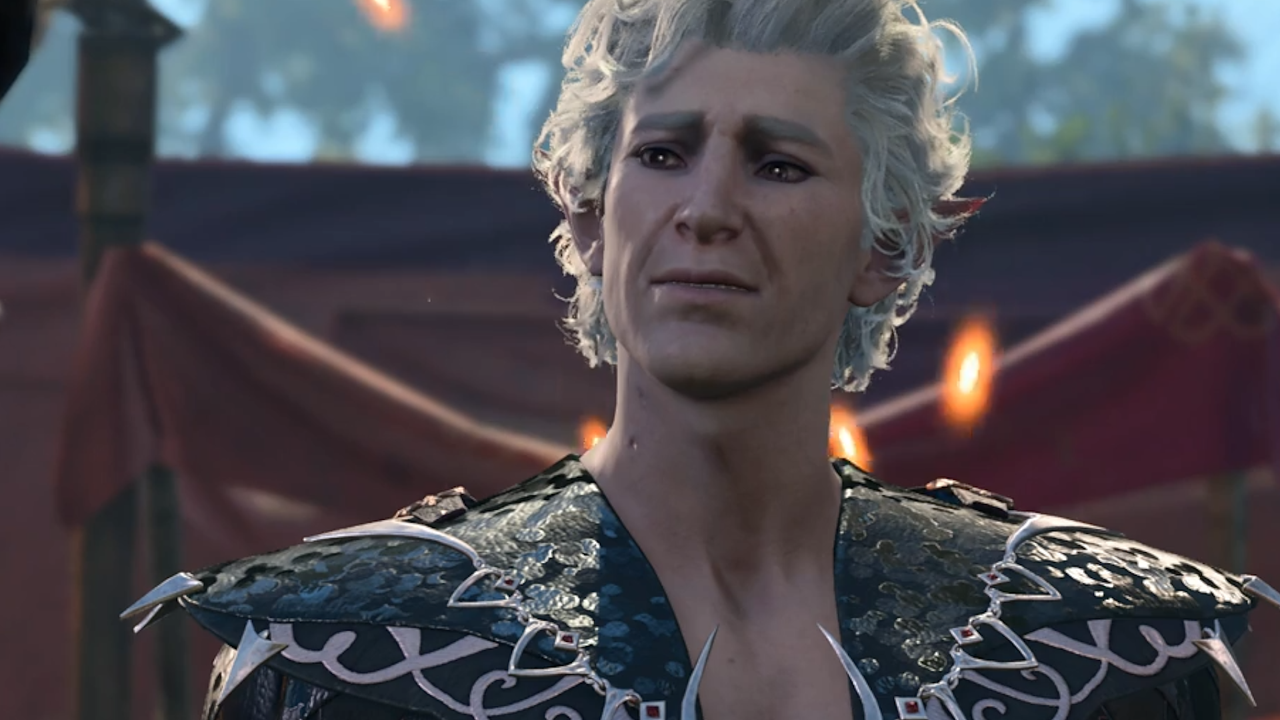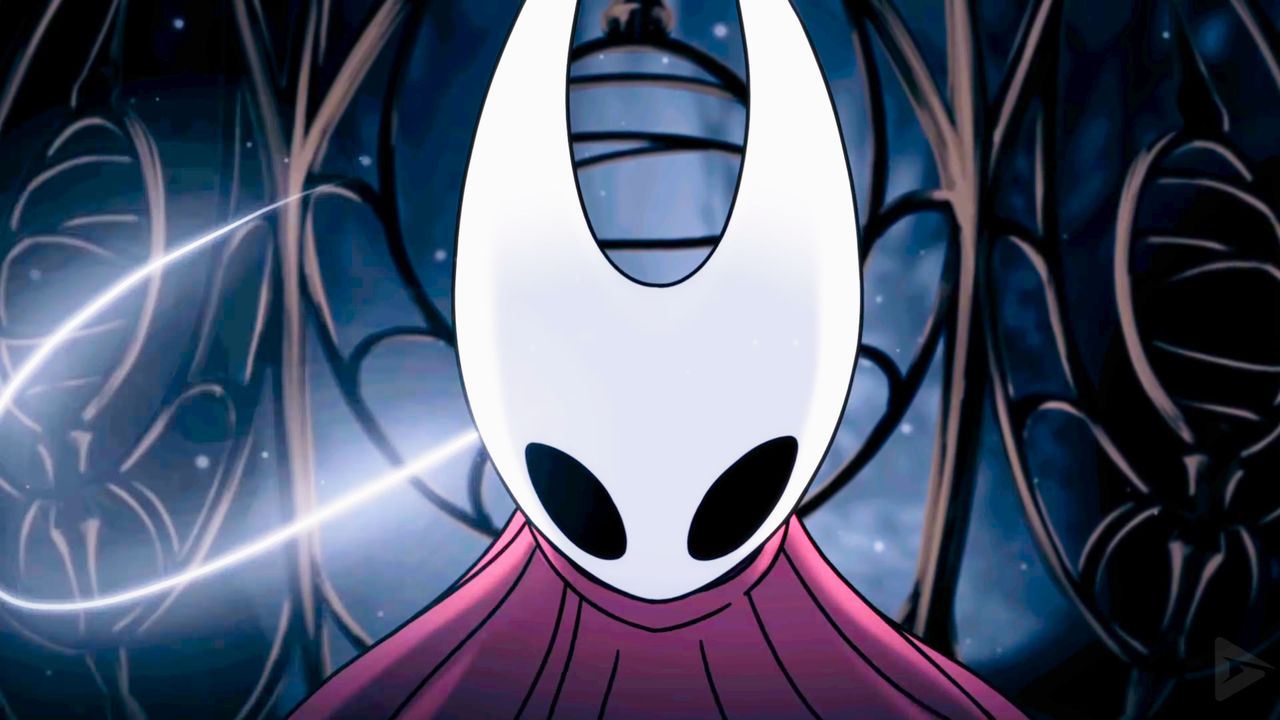It’s a little weird how much Starfield’s scanning looks exactly like No Man’s Sky, right?

For the many flaws No Man’s Sky had at launch, I really liked the way it zeroed-in on the feeling of discovery.
My first dozen hours of naming planets, scanning weird tentacle horses, and cataloging unremarkable rocks was a real delight, so it’s no surprise that Bethesda has something similar in the works with its epic space RPG, Starfield. We have, after all, been doing this sort of thing for a very long time, snapping Dewgong in Pokémon Snap or scanning Shadow Moses as Solid Snake.
I am, however, a little surprised that Starfield’s version of scanning creatures doesn’t just remind me of seven-year-old No Man’s Sky, it looks almost exactly like it.
We saw a bit of Starfield’s scanning in action during last month’s Starfield Direct, but the familiarities didn’t register with me until Bethesda tweeted this short clip of planet scanning yesterday. Everything about how the binocular interface looks, the way objects glow as you scan them, the mostly-useless-but-fun peripheral trivia you learn about things by scanning, and the small bits of XP you get for cataloguing perfectly mimic the experience of data gathering in No Man’s Sky. In Starfield, it looks like you can judge a creature’s likelihood to attack you by its listed “temperament.” In No Man’s Sky, this same information is labeled“Behaviour.”

Surveying isn’t the most exciting way to spend your days in Starfield, but it sounds like a lucrative one. As the tweet points out, completing a planetary survey in Starfield allows you to sell that info for credits, like in No Man’s Sky.
I can’t tell if I’m more happy or annoyed about this. I like scanning things in No Man’s Sky and will probably enjoy it just as much in Starfield, if not more because between all those procedurally-generated flora and fauna are hand-authored RPG cities and fully-voiced characters. Scanning adds a lot to the fantasy of a space frontier, especially for those who’d rather be lauded for their exploration prowess than their deadliness. At the same time, it’s a little disappointing that Bethesda’s vision of gamified discovery is basically “just do what Hello Games did and don’t mention it.”
As a member of Constellation, your mission is to unlock the mysteries of the galaxy.Use your scanner to discover the flora, fauna, and resources of a planet. If you fully scan a planet, you can sell that information for credits! #Starfield pic.twitter.com/BkLF2vNA2kJuly 10, 2023
Games steal smart ideas from each other all the time, but I think what bothers me is how devs (especially on big-budget games) often neglect, or resist acknowledging it. Bethesda is no different than any other big studio for doing this, but the higher profile the game doing the borrowing, the more awkward it looks. That mining laser from last year’s gameplay showcase sure does look like No Man’s Sky’s multi-tool.
Part of it is practical—developers speak generally when promoting their games because saying explicitly “this bit works exactly like it did in No Man’s Sky” isn’t helpful to those who haven’t played it, nevermind awkward for an Xbox-owned studio (No Man’s Sky came to Xbox about two years after it released on PC and PlayStation 4). The more likely reason for a dev to politely not acknowledge a copied idea is that it can be seen as unflattering to the game.
Maybe that’s true according to a well-researched marketing deck, but being upfront about an obvious imitation would score some serious points with me.




